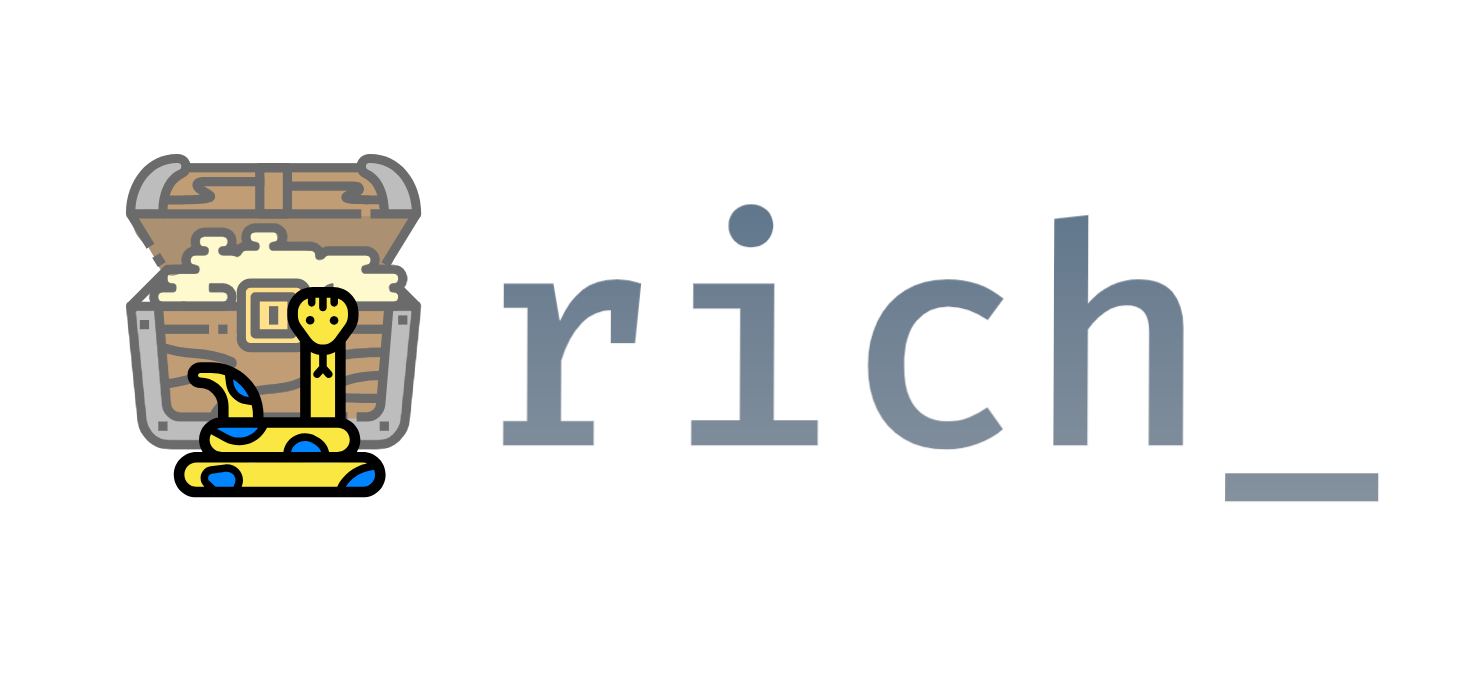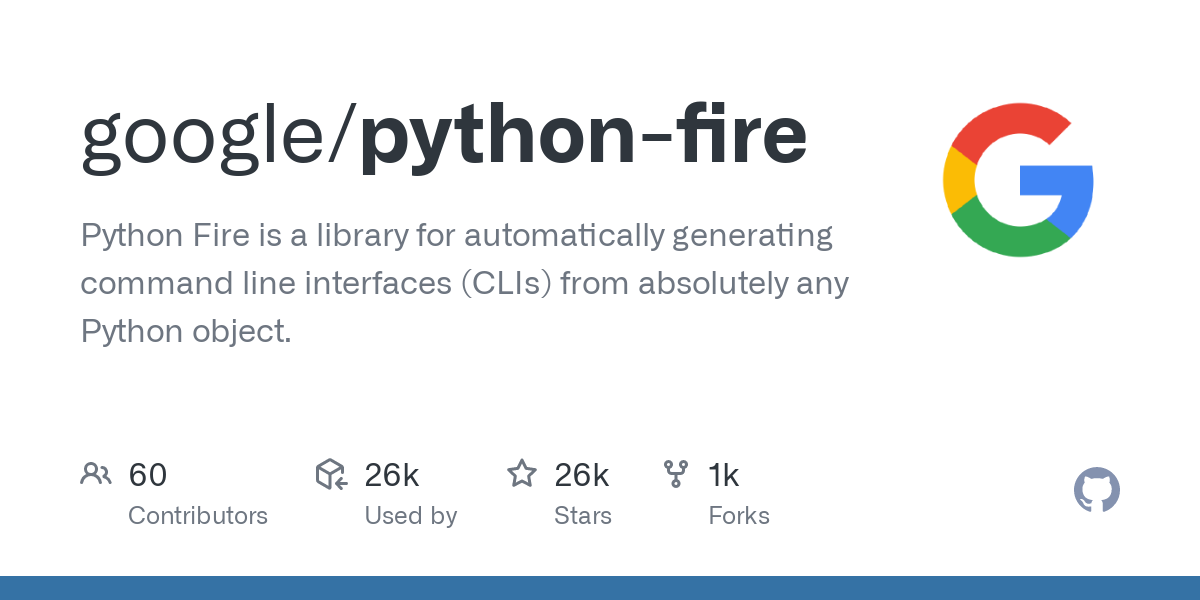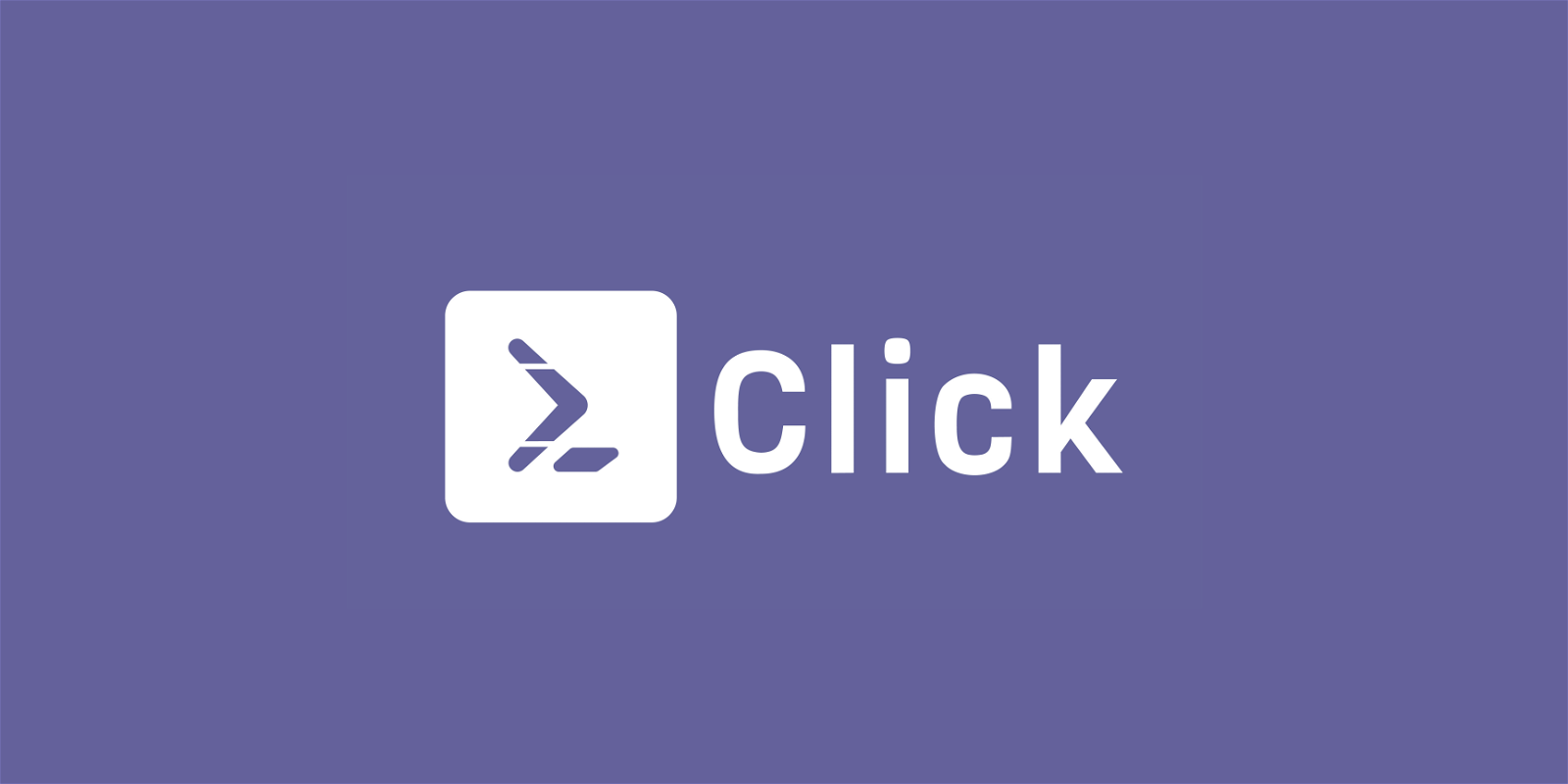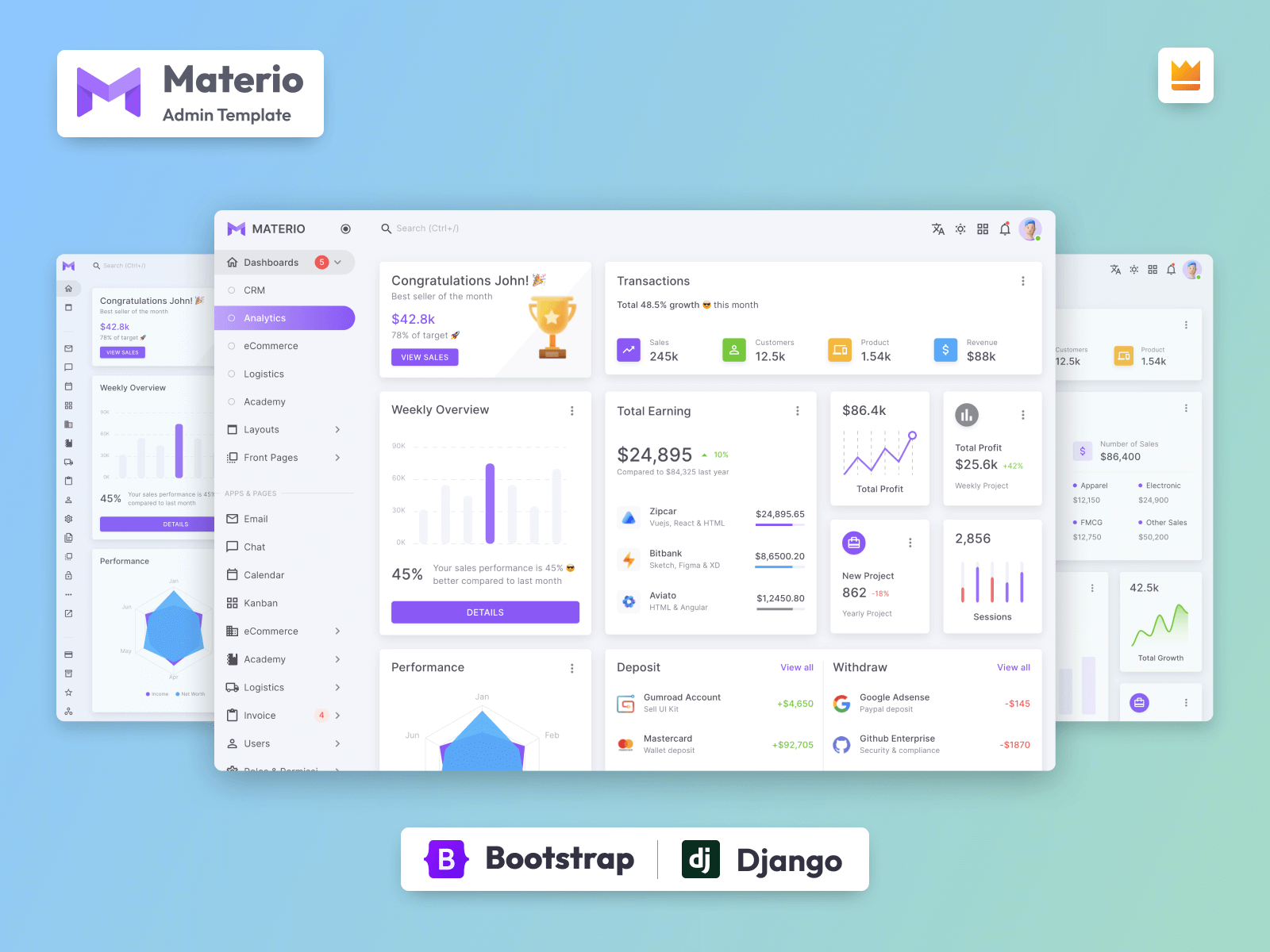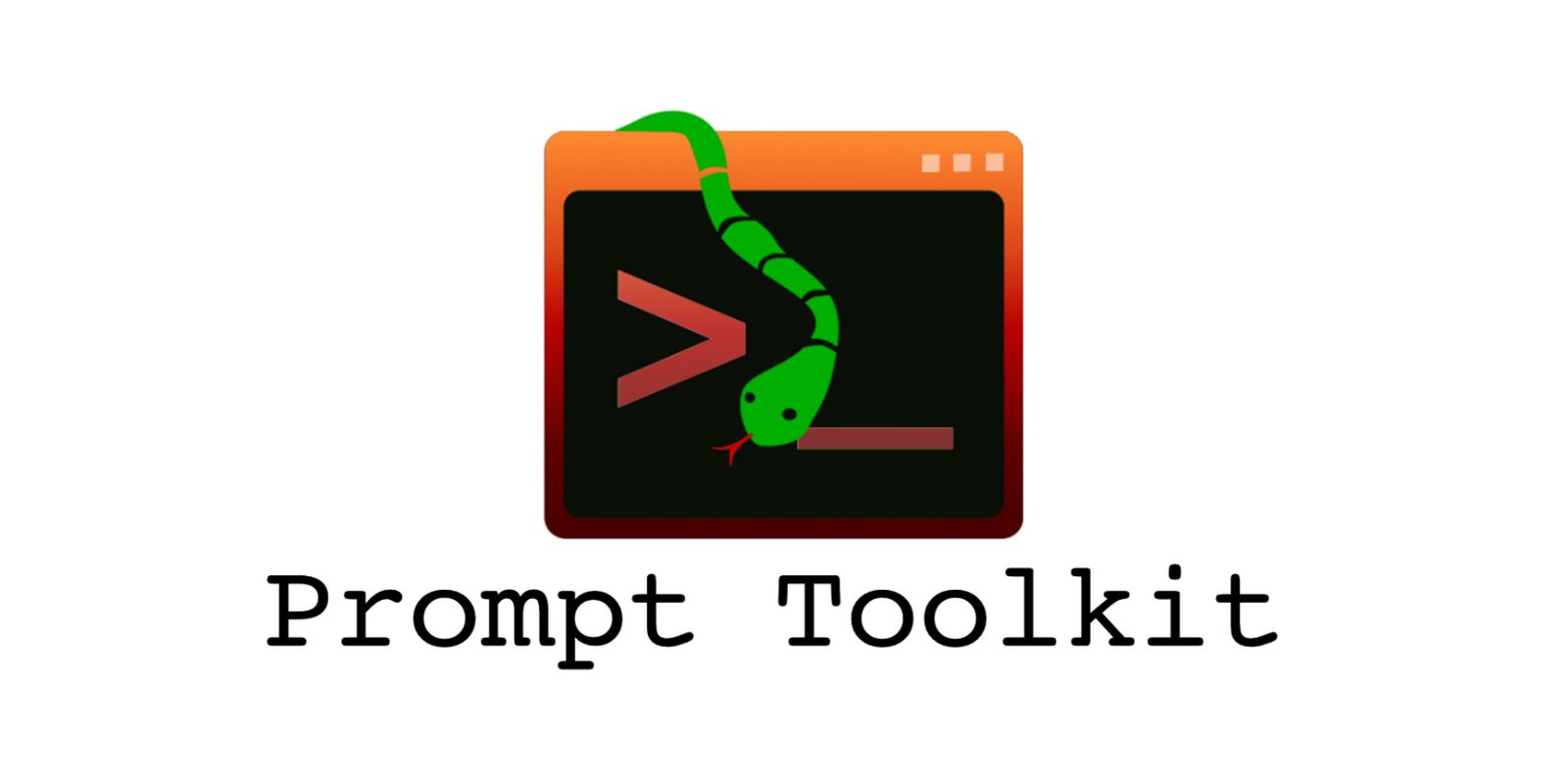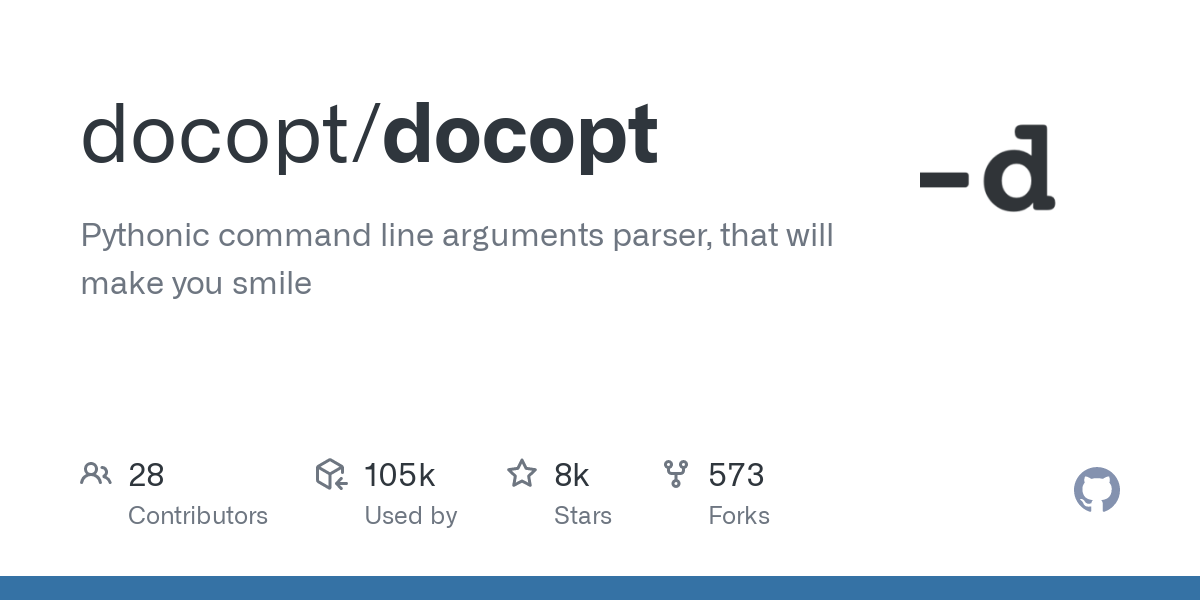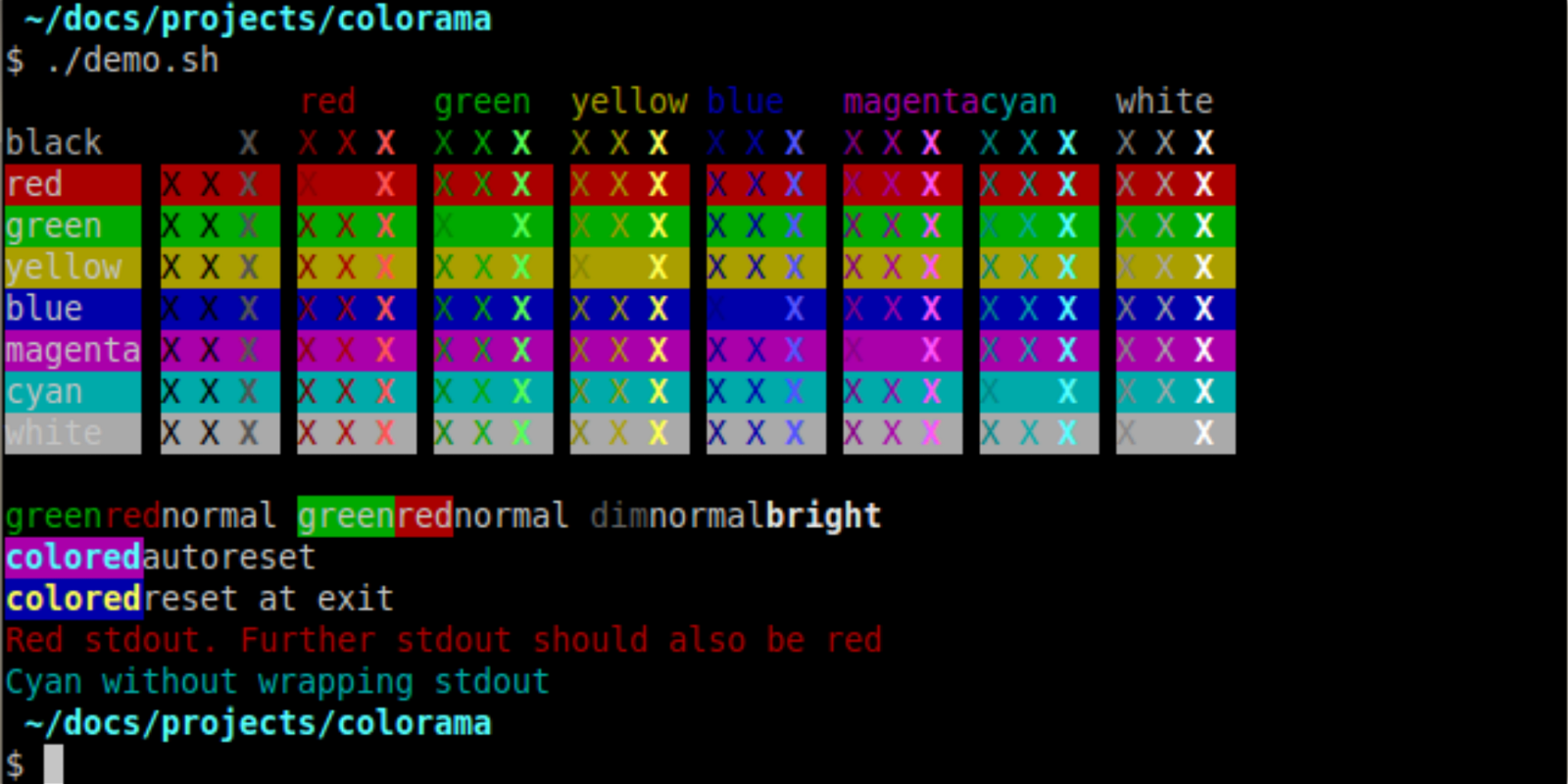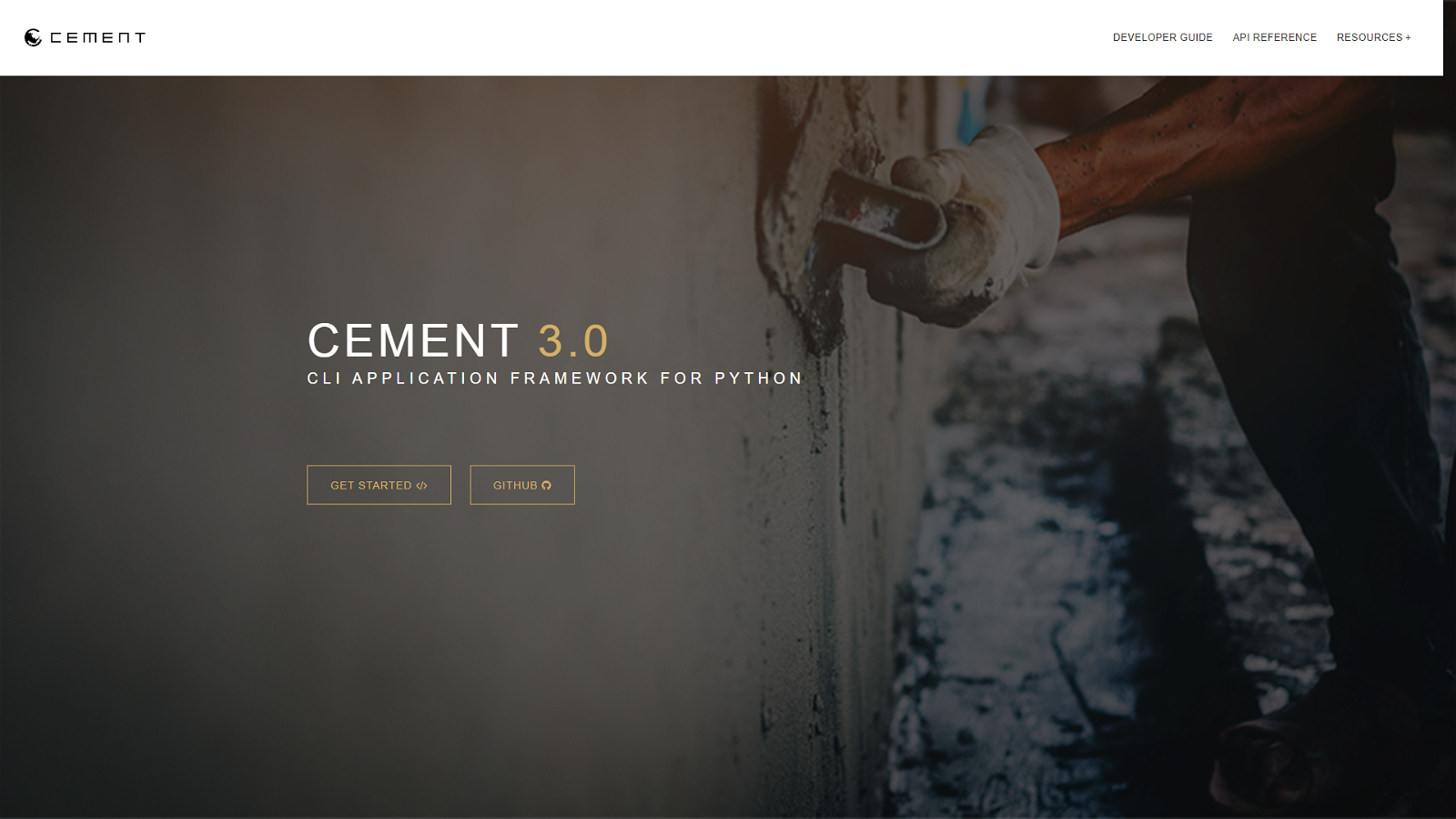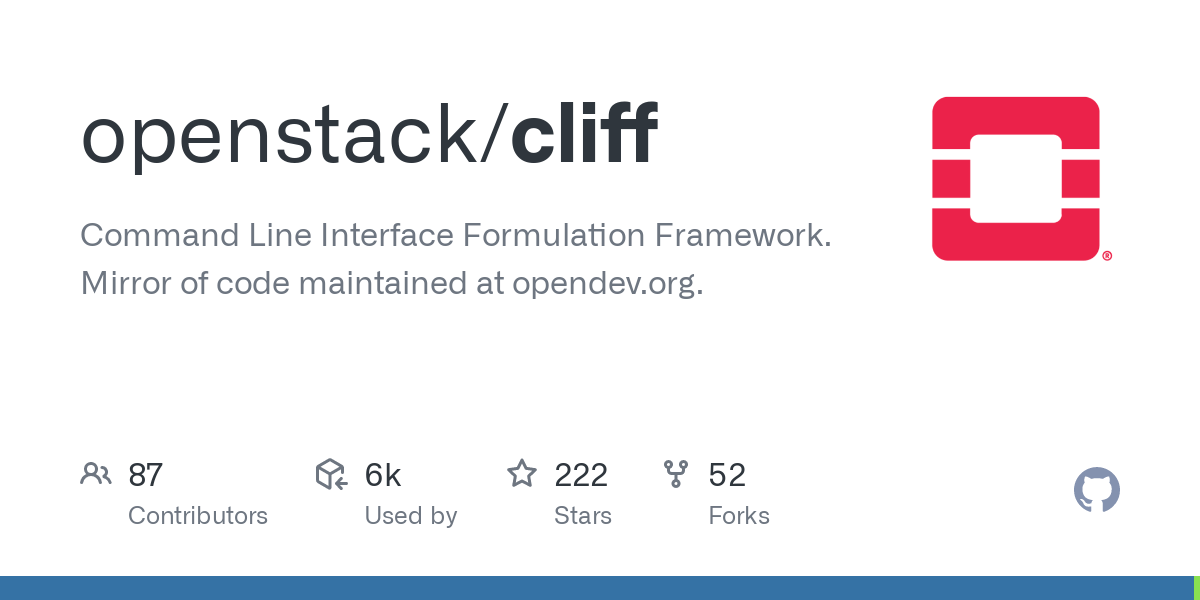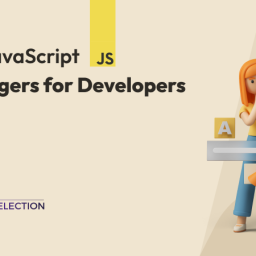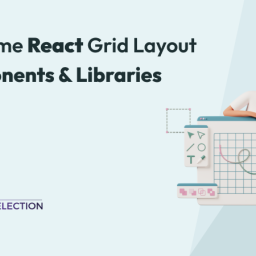
The world of Python development is enriched by a diverse array of libraries, each designed to streamline specific aspects of programming. Among these invaluable tools, the Python CLI library stands out as an essential companion for developers venturing into the realm of command-line interfaces.
In this collection, we delve into the richness of Python CLI libraries, exploring their capabilities and the pivotal role they play in crafting powerful and user-friendly command-line applications.
Table of contents
What Is A CLI Library?
A CLI (Command Line Interface) library is a set of pre-built functions and tools that enable developers to create interactive text-based interfaces for their software applications. Furthermore, these libraries provide a framework for handling user input, executing commands, and managing the overall interaction within a command-line environment.
Besides, CLI libraries streamline the development process by offering standardized methods for tasks like parsing commands, displaying prompts, and handling user responses. Thus, developers often use these libraries to enhance the user experience of their command-line applications by making them more user-friendly and efficient.
In this article, we will discuss the Python CLI library which is a helpful companion for Python Developers.
The Best Python Cli Library
The Python CLI library is a collection of tools and functions that facilitate the creation of command-line interfaces in Python applications. Furthermore, it includes pre-built modules and functions that help developers handle user input, execute commands, and manage interactions within a command-line environment.
Besides, Python CLI libraries simplify the process of building interactive and user-friendly text-based interfaces for software. In this collection, we have gathered the top 10 Python CLI Libraries that will help you fasten your development workflow. You can also consider checking the Python CLI tool. In case you are just a beginner and want to practice your skills with Python, it is advisable to check the best Open Source Python Projects.
Now, let’s start the list.
Rich Python Cli Library 
Rich is a Python CLI library that elevates the visual appeal of command-line interfaces. With an array of features, it enhances text presentation, adds colors, and incorporates dynamic elements, making the output more readable and aesthetically pleasing. Developers embracing Rich can effortlessly create sophisticated and visually engaging command-line applications, significantly enhancing the user experience in terminal environments.
- Text formatting with colors and styles
- Table rendering for structured data
- Progress bars and spinners for dynamic feedback
- Syntax highlighting for code snippets
- Log rendering with customizable log levels
- Markdown rendering for rich text in the terminal
- Easy integration for creating visually appealing command-line interfaces
Installation:
- Install with pip or your favorite PyPI package manager.
python -m pip install rich- Run the following to test Rich output on your terminal:
python -m richPython Fire 
Python Fire is a versatile Python CLI library designed to simplify the process of creating command-line interfaces from existing Python code. Besides, with Python Fire, developers can automatically generate command-line interfaces for their programs. Thus, it enables users to interact with scripts through a simple and intuitive interface.
Furthermore, this library also excels in reducing the boilerplate code typically associated with CLI development, making it an invaluable tool for those seeking a quick and efficient way to expose their Python code to the command line.
Features:
- Automatic generation of command-line interfaces
- Intuitive interaction with Python code
- Reduction of boilerplate code for CLI development
- Seamless conversion of Python modules into CLI commands
- Easy integration with existing Python projects for quick CLI adoption
- Streamlined user interaction with scripts through a simplified interface
Installation:
- To install Python Fire with pip, run:
<strong>pip install fire</strong> - To install Python Fire with conda, run:
conda install fire -c conda-forge - To install Python Fire from the source, first clone the repository and then run:
python setup.py install
Click Python Cli Library 
Click is another Python CLI library that empowers developers with a user-friendly and efficient framework for building command-line interfaces. Additionally, known for its simplicity and versatility, Click also allows developers to create robust and intuitive CLI applications with ease.
Furthermore, with features like automatic help page generation and straightforward syntax, Click enables developers to focus on crafting powerful command-line tools without unnecessary complexity. Moreover, its clean design and extensive documentation make it a go-to choice for those seeking a straightforward and effective solution for CLI development in Python.
Features:
- The simple and intuitive syntax for defining commands
- Automatic generation of help pages for CLI applications
- Support for complex command structures and multi-level interfaces
- Comprehensive documentation for ease of use
- Straightforward integration with Python projects
- Versatile parameter handling and type conversion for user input
- Extensibility for customizing command behavior
Installation:
- Install and update using Pip:
$ pip install -U clickMaterio Bootstrap 5 Django Admin Template
Materio Bootstrap 5 Django Admin Template – is the latest Django 5 Admin Template. It is the most developer-friendly & highly customizable Django dashboard. Besides, the highest industry standards are considered to bring you the best Django admin dashboard template that is not just fast and easy to use, but highly scalable.
In addition, it is incredibly versatile and very suitable for your project. Besides, this bootstrap-based Django admin dashboard also allows you to build any type of web app with ease. For instance, you can create: SaaS platforms, Project management apps, E-commerce backends, CRM systems, Analytics apps, Banking apps, etc.
Furthermore, you can also use this innovative admin template to create eye-catching, high-quality, and high-performing Web Applications. Besides, your apps will be completely responsive, ensuring they look stunning and function flawlessly on desktops, tablets, and mobile devices.
Features:
- Built with Django 5
- Using CSS Framework Bootstrap 5.3.2
- Docker for Faster Development
- CRUD Example
- User-based Authentication
- Roles & Permission
- Vertical and Horizontal layouts
- Default, Bordered & Semi-dark themes
- Light, Dark, and System mode support
- Internationalization/i18n & RTL Ready
- Python-Dotenv: Environment variables
- Theme Config: Customize our template without a sweat
- 5 Dashboard
- 10 Pre-Built Apps
- 15+ Front Pages and many more.
Python Prompt Toolkit stands as a powerful and flexible library for building interactive command-line applications in Python. Renowned for its versatility, this library provides a rich set of tools for creating sophisticated text-based interfaces.
Besides, developers can leverage features like syntax highlighting, multi-line input, and advanced keyboard handling to design intuitive and responsive command-line applications. Python Prompt Toolkit excels in offering a dynamic and customizable user experience, making it an ideal choice for those aiming to develop feature-rich and user-friendly terminal applications in Python.
Features:
- Pure Python
- Syntax highlighting of the input while typing. (For instance, with a Pygments lexer)
- Multi-line input editing
- Advanced code completion
- Both Emacs and Vi key bindings. (Similar to readline)
- Even some advanced Vi functionality, like named registers and digraphs
- Reverse and forward incremental search
Installation:
- Install via pip:
pip install prompt_toolkitDocopt 
Docopt Python CLI library simplifies the process of command-line argument parsing by enabling developers to create elegant and human-readable usage specifications. Besides, with Docopt, usage patterns are defined in a docstring format, allowing for seamless translation of user instructions into executable commands. It is tested with Python 2.7, 3.4, 3.5, and 3.6.
Furthermore, this library’s strength lies in its ability to generate argument parsers based on natural language descriptions, minimizing the need for manual parsing code. Additionally, docopt provides an intuitive approach to command-line interface development, making it a valuable tool for those who prioritize simplicity and clarity in their Python applications.
Features:
- Human-readable usage specifications in docstring format
- Automatic generation of argument parsers from natural language descriptions
- Simplified command-line interface development
- Reduction of manual parsing code
- Intuitive approach for defining and handling command-line arguments
- Enhanced clarity and simplicity in Python applications
Installation:
- Use pip or easy_install:
pip install docopt==0.6.2- Alternatively, you can just drop
docopt.pyfile into yourproject--itis self-contained.
Alive progress 
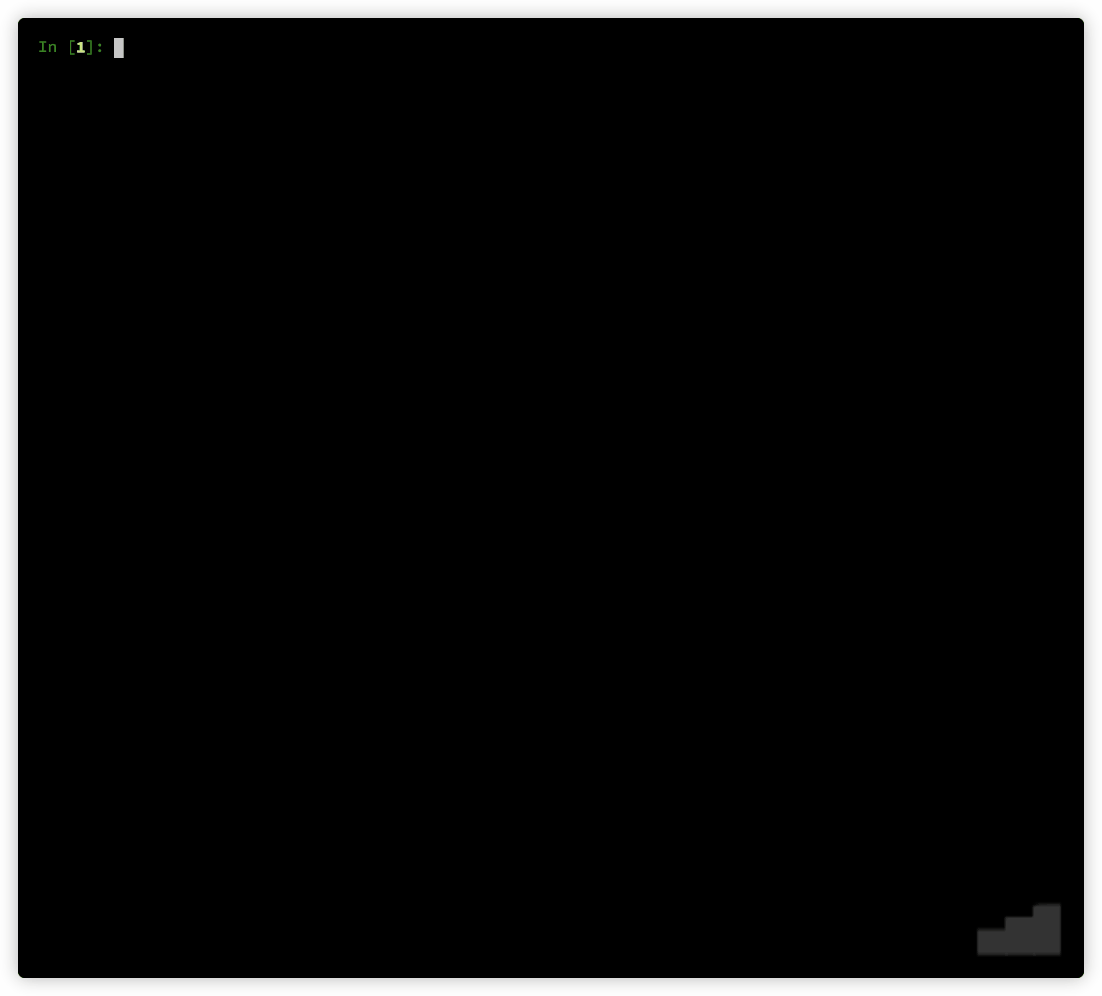
Alive Progress is an awesome Python CLI library that injects vitality into the realm of progress bars with its dynamic and visually engaging features. Besides, it also allows developers to create lively progress indicators that keep users informed about the status of ongoing tasks.
Furthermore, it goes beyond traditional static progress bars, offering animations, spinners, and customizable styles to enhance the visual appeal of terminal-based applications. Additionally, with its seamless integration and ease of use, Alive Progress is a great tool for developers aiming to convey progress and keep users engaged during lengthy operations in their Python command-line applications.
Features:
- Dynamic and visually engaging progress bars
- Animated indicators and spinners for enhanced user experience
- Customizable styles to match the application’s aesthetic
- Seamless integration for easy implementation
- Keeps users informed about the status of ongoing tasks
- Ideal for conveying progress in Python command-line applications
Installation:
- Just install with pip:
❯ pip install alive-progressAsciimatics 
Asciimatics is a Python CLI library that adds a creative dimension to command-line interfaces by enabling the development of ASCII-based applications with ease. Besides, this library offers a variety of features, including animations, interactive widgets, and colorful displays, allowing developers to build visually appealing and interactive terminal applications.
Additionally, with Asciimatics, developers can create text-based interfaces that go beyond the conventional, bringing a touch of dynamism and user engagement to their Python command-line applications. Its versatility and user-friendly design make it a valuable asset for those seeking to inject creativity into their terminal-based projects.
Features:
- Anti-aliased ASCII line-drawing
- Image to ASCII conversion – including JPEG and GIF formats
- Many animation effects – e.g. sprites, particle systems, banners, etc.
- Various widgets for text UIs – e.g. buttons, text boxes, radio buttons, etc.
- Keyboard input (without blocking or echoing) including Unicode support
- Mouse input (terminal permitting)
- Detecting and handling when the console resizes
- Screen scraping
Installation:
- To install asciimatics, simply install with pip as follows:
$ pip install asciimaticsDocopt 
Another Python CLI library from the list is Colorama. It aims to simplify the integration of colored output into command-line applications. Besides, it makes it effortless for developers to add color to terminal text, enhancing readability and visual appeal.
Additionally, Colorama works seamlessly across different platforms, ensuring consistent and vibrant displays in various terminal environments. Moreover, due to its straightforward usage, developers can easily incorporate color coding to convey information effectively, making Colorama a valuable tool for those who seek to improve the aesthetics and clarity of their Python command-line applications.
Tested on CPython 2.7, 3.7, 3.8, 3.9, 3.10, 3.11, and 3.12 and PyPy 2.7 and 3.8.
Features:
- Simplified integration of colored text in command-line applications
- Enhanced readability and visual appeal with color coding
- Cross-platform compatibility for consistent displays
- Effortless usage for easy implementation
- Improved aesthetics and clarity in Python command-line projects
Installation:
- Install via pip or Coda
pip install colorama
# or
conda install -c anaconda coloramaCement 
Cement is a Python CLI library that provides a robust framework for building command-line applications with a focus on modularity and extensibility. Furthermore, this library employs a controller-based architecture, allowing developers to structure their CLI applications in a modular and organized manner.
Besides, Cement offers a range of features, including argument parsing, configuration handling, and plugin support, streamlining the development of complex and scalable command-line tools. Due to its flexibility and ease of use, Cement serves as a powerful choice for developers seeking a versatile framework to construct modular and feature-rich Python command-line applications.
Features:
- Core pieces of the framework are customizable via handlers/interfaces
- The handler system connects implementation classes with Interfaces
- Extension handler interface to easily extend the framework functionality
- Config handler supports parsing multiple config files into one config
- Argument handler parses command line arguments and merges with config
- Log handler supports console and file logging
- Plugin handler provides an interface to easily extend your application
Installation:
- Via PIP/PyPi
$ pip install cement- Via Docker
$ docker run -it datafolklabs/cement:3.0 --help- Via Github Direct
$ git clone git://github.com/datafolklabs/cement.git
$ cd cement/
$ python setup.py installCliff 
Cement stands as a sophisticated Application Framework designed for Python, prioritizing Command Line Interfaces (CLI). Its primary objective is to establish a standardized and feature-rich platform catering to the development of both straightforward and intricate command-line applications, all while ensuring rapid development without compromising quality. Offering flexibility, Cement seamlessly transitions from the simplicity of a micro-framework to the complexity of a mega-framework. Whether crafting a single-file script or a multi-tier application, Cement serves as the versatile foundation developers seek for their projects.
Features:
- Advanced Application Framework for Python
- Focus on Command Line Interfaces (CLI)
- Standardized and feature-rich platform
- Supports both simple and complex command-line applications
- Enables rapid development without compromising quality
- Flexible usage from micro-framework to mega-framework
- Ideal for single-file scripts or multi-tier applications
- Provides a solid foundation for diverse development needs.
Installation:
- Install via pip:
$ pip install cliffParameters To Consider While Choosing the Right Python CLI Library:
- Functionality: Assess if the library aligns with the required features for the CLI application.
- Ease of Use: Evaluate the library’s learning curve and how easily it integrates into existing projects.
- Documentation: Ensure comprehensive and clear documentation for seamless implementation.
- Community Support: Check for an active community, ensuring ongoing development and support.
- Compatibility: Verify that the library works well across different platforms and Python versions.
- Customization: Consider the level of customization offered for tailoring the CLI to specific needs.
- Performance: Evaluate the library’s efficiency in handling tasks and its impact on application performance.
- License: Ensure the library’s license aligns with project requirements and licensing policies.
- Popularity: Gauge the library’s popularity within the Python developer community for reliability and proven usage.
- Updates: Check for recent updates and maintenance to ensure compatibility with the latest Python versions and industry standards.
Conclusion
In the diverse landscape of Python CLI libraries, developers find an array of powerful tools tailored to enrich the command-line interface development experience. From the visually captivating progress bars of Alive Progress to the creativity injected into terminal interfaces by Asciimatics, each library brings its unique strengths to the table.
Whether simplifying argument parsing with Docopt, adding color to outputs with Colorama, or structuring modular applications with Cement, these libraries collectively contribute to a vibrant ecosystem for crafting robust and user-friendly command-line tools.
As developers navigate the intricacies of CLI development, the versatility of Python’s CLI libraries becomes evident. Each library addresses specific needs with precision. So, pick any as per your project requirements and see how smooth development becomes.
Hope you all find this collection helpful.

